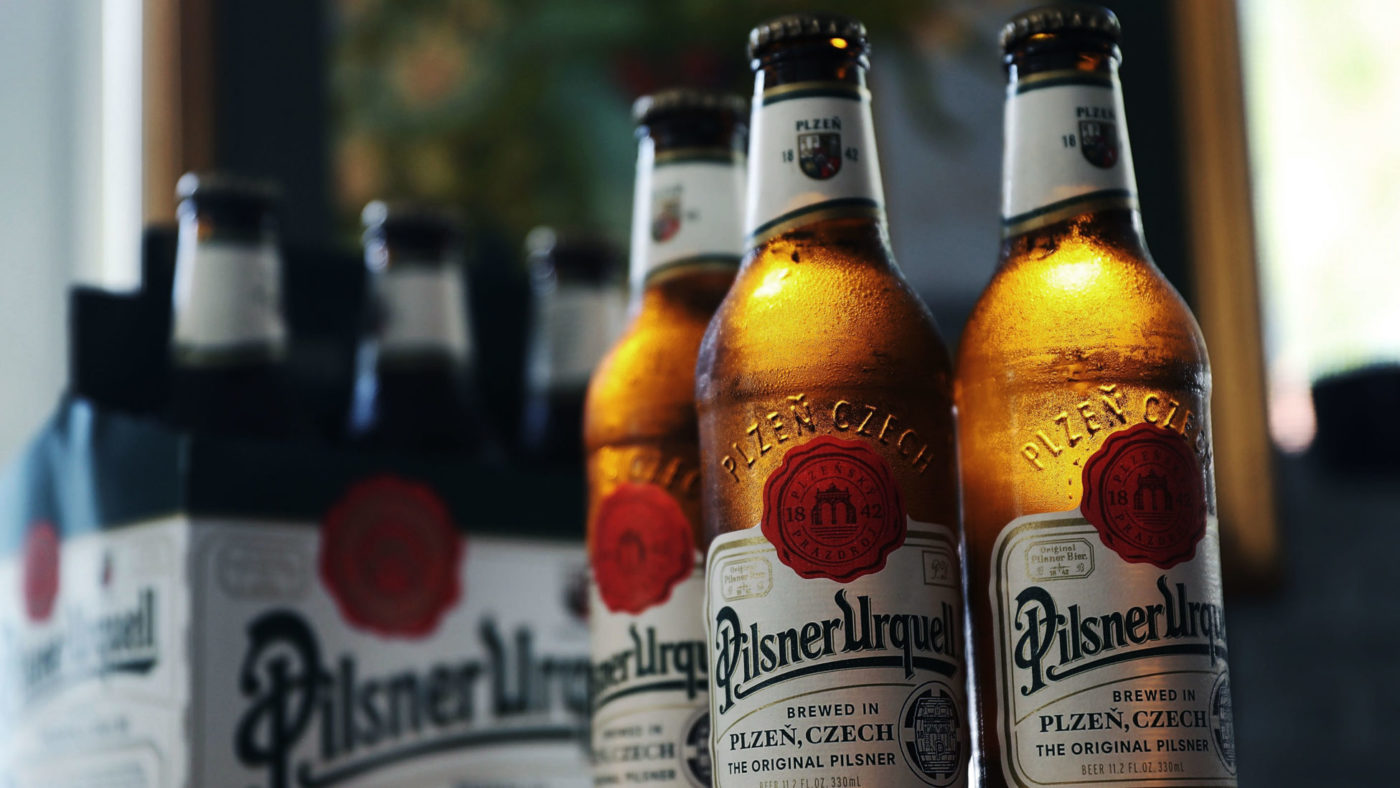Prague is undoubtedly one of the most beautiful gems Europe has to offer. From its fairytale spires to its buzzing nightlife, it’s no surprise the city consistently ranks as one of the most visited worldwide.
Having moved here earlier this month, however, I’ve quickly learned that the true beauty of the Czech Republic isn’t found in its architecture or nature, but in the supermarkets, pubs, and tobacconists. The cost of living can often seem like peanuts compared to that in other capital cities like London or Paris.
Indeed, according to Numbeo, someone moving to Prague from London can expect to pay around 31 per cent less on their groceries, and almost 70 per cent less on domestic beer brands and tobacco. Meals out at restaurants are similarly inexpensive. Meanwhile, local purchasing power is lower than the UK capital by just 22 per cent. By most measures, the Czech Republic is one of the cheapest EU countries to live in.
But why is everything so cheap? How has it remained so affordable for Czechs to eat out, drink, and smoke, while the rest of Europe seems to be getting more and more pricey?
Well, it could have something to do with the relatively lax state intervention in these kinds of consumption. While Britain ranks near the top of the Nanny State Index, a measure of how free consumers are to eat, drink, smoke and vape in the EU, the Czech Republic have come bottom for two years running.
The differences are starkly apparent. Where the UK imposes the highest sin taxes on wine and cigarettes, and the second highest duty on beer, the Czech Republic has some of the lowest. Where Brits must buy their cigarettes in grey boxes void of advertising, Czechs may buy them freely from machines, and see them on shelves in supermarkets.
Of course, it isn’t particularly hard to predict some of the effects of such a great degree of consumer freedom; the Czechs drink and smoke a lot. As a result, the Czech Republic has been ranked as one of the most unhealthy countries in the world, a claim that the IEA’s Christopher Snowdon, editor of the Nanny State Index, wonderfully debunks.
I won’t try to remake Snowdon’s argument here, and explain why the Czech Republic remains a fairly healthy country despite the high rates of drinking and tobacco use. But, while the lack of paternalism certainly makes life far easier for Czech consumers, how are producers faring in such a free environment?
They’re doing just fine. Unsurprisingly for a country with such a long tradition of brewing beer, the industry is responsible for around 1.6 per cent of Czech GDP, employs some 70,000 jobs and adds €1,354 million to the Czech economy and €887 million in tax revenues, in spite of its low duty (according to the industry group Brewers of Europe).
Moreover, recent years have seen the beer industry begin to the Czechs drink and smoke a lot, as more and more breweries and microbreweries are established.
Meanwhile, the British beer industry is struggling. High alcohol taxes have made life for those in working in the industry exceptionally difficult, with around 18 pubs closing every week.
Perhaps the worst case of British paternalism, however, comes from Scotland, whose imposition of a price-floor on alcohol threatens not only the booze industry, but the wellbeing of the most vulnerable. As I argued earlier this year, the inelasticity of demand for alcohol means that people are very unlikely to be perturbed by higher prices.
While the rich are merely inconvenienced by their chosen tipple getting more expensive, poorer people will find the increased cost a significant burden on already tight budgets.
The Czechs have done things right, and the UK would do well to learn from them. While they may drink and smoke more than others, the lack of a meddlesome state means that Czech consumers enjoy a wide range of choice, producers enjoy a thriving, diverse market, and poor people aren’t forced to tighten their belts even further to afford a drink at the end of the week.
The Nanny state just isn’t worth it. Consumers deserve the freedom and dignity to choose what they consume, and the economic benefits speak for themselves. Na zdraví!


